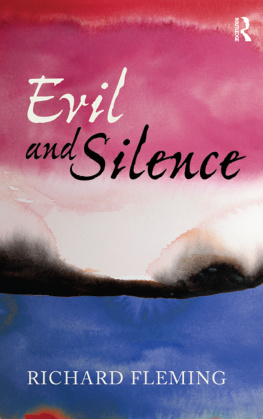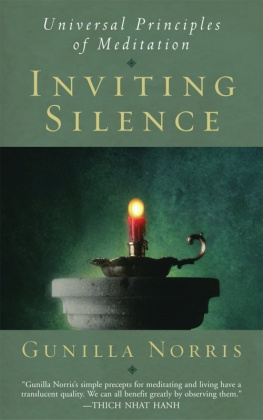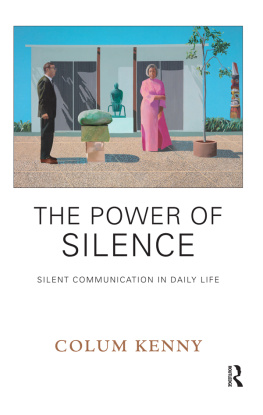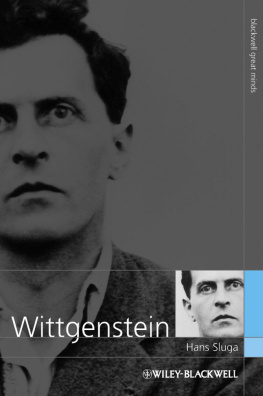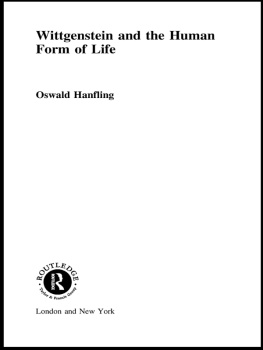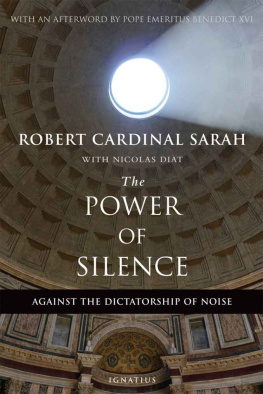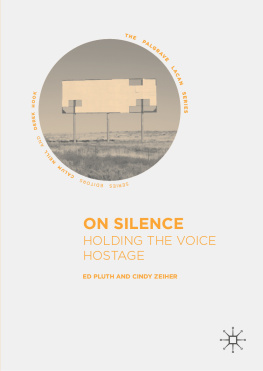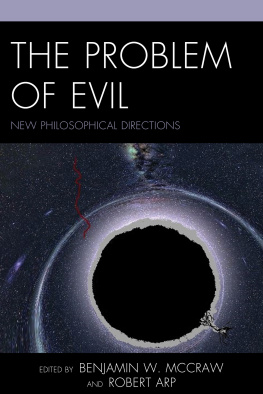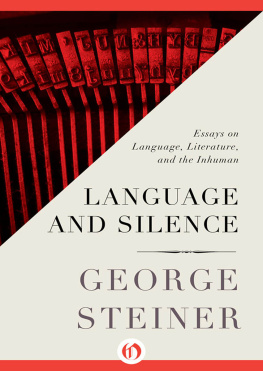First published 2010 by Paradigm Publishers
Published 2016 by Routledge
2 Park Square, Milton Park, Abingdon, Oxon OX14 4RN
711 Third Avenue, New York, NY 10017, USA
Routledge is an imprint of the Taylor & Francis Group, an informa business
Copyright 2010, Taylor & Francis.
All rights reserved. No part of this book may be reprinted or reproduced or utilised in any form or by any electronic, mechanical, or other means, now known or hereafter invented, including photocopying and recording, or in any information storage or retrieval system, without permission in writing from the publishers.
Notice:
Product or corporate names may be trademarks or registered trademarks, and are used only for identification and explanation without intent to infringe.
Library of Congress Cataloging-in-Publication Data
Fleming, Richard, 1952
Evil and silence / Richard Fleming.
p. cm.
Includes index.
ISBN 978-1-59451-728-0 (hardcover : alk. paper)
ISBN 978-1-59451-729-7 (paperback : alk. paper)
1. Good and evil. 2. Nonviolence. 3. Silence. 4. Violence. 5. Oral communication. 6. Conduct of life. I. Title.
BJ1401.F56 2009
170dc22
2009011945
Designed and Typeset by Straight Creek Bookmakers.
ISBN 13 : 978-1-59451-728-0 (hbk)
ISBN 13 : 978-1-59451-729-7 (pbk)
Foreword

T he care that we must take with each word we speak and each step we take can hardly be overstated. It is commonplace for us to say that is not what I meant or I did not intend for that to happen. We frequently find ourselves insisting you did not hear me correctly or I would not have done that if I had known this would be the case; or asserting I wish I had never said or done those things or I meant something else entirely. We often want our words and deeds back. The inevitable loss of control over meaning what we say, over how others understand us and how our words are used, and the constant failure of safely knowing what will truly result from what we do, produce, for many of us, quiet desperation. Similarly, when confronted with the torment and evil of our existence, we often can do no more than shake our heads, saying nothing, finding no words, having literally nothing to say. On these occasions, we naturally have no meaningful words, although we repeatedly turn from that critical condition to one of speaking, to saying something or just anything. Accordingly, this text seeks to provide an attentiveness of such weight to talk and action that the question of whether to say or do anything at all is consequential. [How to improve the world (you will only make matters worse).]
The reader should not be surprised, therefore, that it is a relentless reflection on the shared words we commonly use and inhabit that controls (directs and restrains) the discussions in the following pages. This is an effort to determine and express, in the achievements of traditional and recent philosophy, justifiable rules of action for our existence and subsistence, as well as to offer and agree on descriptions yet unsaid of the ordinary, of the conditions that make possible what we say and do. As a result, one aim of this book is to establish some of the first words and steps required in clearly contemplating evil and violence and in understanding the meaningful place of good and nonviolence in our talk and silence.
This book can be read productively, I believe, by any appropriately curious and reflective individual. Such an open but rational and disciplined temperament, whether it is natural or induced, serves one well, I would think, to find some good in what follows. There are introductory remarks at the beginnings of both the First and Second Books (18, 6165) to help establish context for the reader; and constant repetition of materialgiven throughout the individual sections and exertions of thoughtshould assist the reader further. Therefore, other than being brought up in sound habits and possessing right dispositions, anyone approaching and contemplating the ensuing paragraphs and ancillary presentations should have only normal difficulties in working with the philosophical ideas pursued. The general form of the text of separate remarks in separate books with supplementary materials primarily follows Schopenhauers The World as Will and Representation. That is the main textual mold into which the various words, texts, and authors are poured. Additionally, even though the supplementary material is intended to be just thatsupplementary to the First Book and Second Bookthe reader may wish to investigate these pages ahead of a full reading of the rest of the text, as many issues about writing, reading, arguments, and sources are directly discussed there, including references to many musical works that are integral to the text. For links to the musical references mentioned in the supplements, please go to the Web page for this book:
www.paradigmpublishers.com/books/BookDetail.aspx?productID=215102
Of course, the reasons for such form and content presentation are connected with the very nature of the investigation of Evil and Silence, which a reader will recognize as they read more and more of a text of words not my own. However, even with all that being said, it is still likely that the text will be understood best by someone who has already said or read many of the words that are used in itor at least similar words. So it is not a moral handbook or philosophical primer, although its material has defined courses of my teaching. Its purpose would be achieved if it gave pause to a person or two who reread its words and listened to them in a renewed way. I should not like my writing to spare others the trouble of listening and thinking but rather, if possible, to awaken for them sounds and thoughts not their own.
[This text is probably best read as a continuation of First Word Philosophy (2004). Rather than identifying and articulating the basic principles and methods of ordinary language philosophyone of whose central subjects is the justice of speech and which has as a central concern the task of accepting finitude, returning words to their everyday usethese pages are a concentrated application of those fundamentals. Each numbered remark is a separate exercise of thought governed by a variety of peoples words but usually with a particular voice dominating. My linking or writing of the sections produces the general movement of the text. It begins, after an introductory discussion, with Socrates and ends with Cage. To that extent, the preferred title of this current work would simply be Philosophical Exercises: Socrates to Cage.]
If these pages have any value, it rests in the fact that arguments are expressed in them (this is not the place for indignation or aphoristic wisdom), and in this regard the clearer the arguments the greater will be the value. Recognition of the fact of evil (First Book) and the ways of making a life worth living in the face of that fact (Second Book) are points of contention and lines of reasoning inhabiting the connecting exercises of the text. There is no answering evil, and the first efforts of consequence beyond that acknowledgment are listening attentively to the silence that surrounds us, affirming the limits of sound, and creating rather than negating with our talk and actions. These statements (and others) are to be made perspicuous and convincing in the arguments to follow. Here I am conscious of having fallen a long way short of what is possible and needed, but it seems preferable to make this effort as opposed to showing how obscure everything isthere may be time to go into that (although there is seemingly no lack of such presentation) when we are within measurable distance of achieving logical clarity on the matters at hand.

